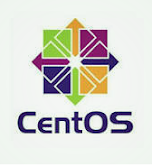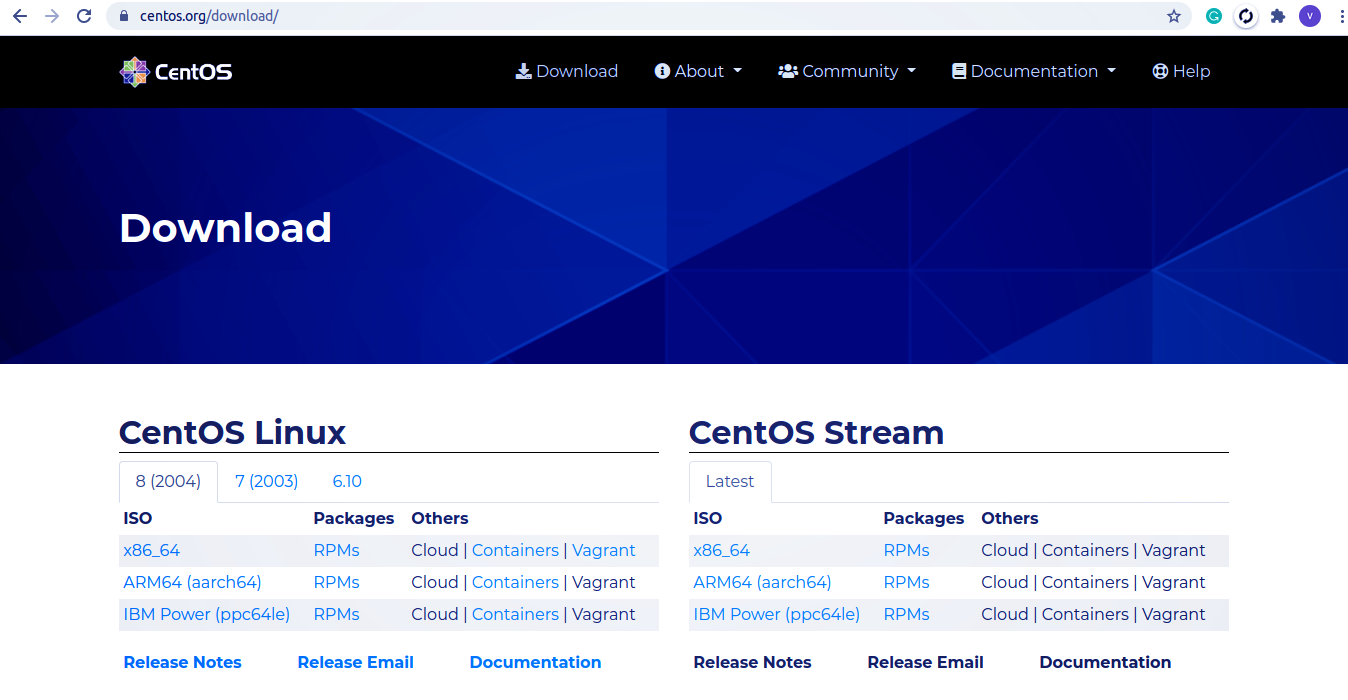CentOS Linux community distribution by Red Hat Enterprise
CentOS Linux is a community-created distribution developed from sources that are freely provided to the public by Red Hat for Red Hat Enterprise Linux (RHEL).CentOS Linux aims to provide compatibility with RHEL. The CentOS Project mainly changes in the packages to remove upstream vendor branding and artwork.
CentOS Linux is free to redistribute and download. Each CentOS released version is to be kept in maintenance for ten years utilizing distribution security updates. The duration of the support interval by Red Hat has varied over time concerning the next Sources released.
If you go through every new CentOS, version then it is released approximately after every two years.CentOS version is periodically updated roughly after every six months to support the latest hardware and latest apps. It will then result in the following characteristics.
- security
- reliability
- low-maintenance
- reproducibility
CentOS technical details:
License: GNU GPL(General Public License).
Developer corporation: CentOS project community RHEL.
Operating Systems family: GNU/Linux.
Platforms supported: X86(32-bit), X64(64-bit).
Home page URL:https://www.centos.org/
Download URL:https://www.centos.org/download/
Tutorials URL:https://docs.centos.org/en-US/docs/
Debian OS supported Hardware Architectures:
1]32-bit i386
2]64-bit amd64
3]64-bit arm
4]EABI arm
5]Hard float ABI arm
6]Power processors
7]IBM Systems
The CentOS Project
The CentOS Project is a community-based free software. It is a product of the efforts of the community. It was focusing on delivering a robust open-source ecosystem around a Linux platform and its multiple distributions.
CentOs offers two Linux distributions:
– CentOS Linux provides consistency, manageability for the platform that suits a wide variety of deployments. For some open source communities, it is a fixed and predictable base to build an operating system.
– The latest release of CentOS Stream is a fast roll release distro that tracks ahead of Red Hat Enterprise Linux (RHEL) development.
It lies as a midstream between Fedora Linux and RHEL Linux distributions.
Cent Os Add-ons
Software Collections (SCL) is a CentOS package repository that provides various sets of dynamic programming languages, database servers, and a collection of other related packages. All the Software Collections (SCL) Provided software versions are more recent than their equivalent versions, which are included in the base CentOS distribution or are made available as official CentOS packages for the first time.
All the latest released packages available from the Software Collections do not replace the default Debian os system tools with CentOS.
A parallel set of tools is installed in the "/opt " directory is allowed as per the application by using the supplied Software Collections (SCL) utility.
For example, the default versions of Perl or MySQL remain the same as those provided by the base CentOS installation.
Repositories
There are three primary CentOS repositories or channels. these channels containing software packages that make up the main CentOS distribution are listed below:
base
The base repository or base channel consists of a set of packages that form CentOS point releases and gets updated when the actual point release is formally made available in the form of ISO images from the official centos Repository.
updates
The updates repository or updates channel consists of a set of packages that serve as security, bugfix, or enhancement updates, issued between the regular update sets for single point releases.
The Bugfix and enhancement updates released this way are only those unsuitable to be released through the CentOS-Fasttrack repository.
addons
The addons repository or addons channel consists of a set of packages. These packages build the other packages that make up the main CentOS distribution but are not provided by the upstream.
The CentOS project also supports several additional repositories/channels that contain software packages which are not provided by the default base distribution and updates repositories. Those repositories include the following components:
CentOS Extras
CentOS Extras consist of packages that provide improved functionality to CentOS without breaking its upstream compatibility or updating its base components.
CentOSPlus
CentOSPlus contains packages to upgrade base CentOS components depending upon the releases provided by the stable release version. Upgrade in CentOS so that it is not exactly like the upstream provider's content.
CentOS-Testing
CentOS-Testing acts as ground support for packages on their way to CentOSPlus and CentOS Extras like distributions. CentOS Offered packages may or may not replace the current core of the CentOS packages list, not guaranteed to work correctly.
CentOS-Fasttrack
CentOS-Fasttrack has its bugfix and enhancement updates issued from distribution core time to time, between the regular update sets for multi-point releases. The packages released this way serve as close candidates for inclusion into the next multi-point release. This repository does not provide security updates and does not have any packages unsuitable for uncertain inclusion into single-point releases.
CR (Continuous Release)
The continuous Release component generally makes available packages that will appear in the next point release of CentOS. The CentOS packages are made available on a testing and hotfix basis of the current OS core.CentOS stable release until the actual point release is formally released in the form of ISO images by the official CentOS.
debuginfo
A debuginfo component consists of all the packages with debugging symbols. CentOS primary packages were built and released with debuginfo.
contrib
It stores a collection of all packages contributed by the CentOS users or the CentOS community without overlap with any of the core distribution packages.
Software Collections
Software Collections Provides support of versions of software newer than those provided by the base distribution.
CentOS download formats:
1]RPM: It is the default package manager for Linux systems known as the red hat package manager. It allows the root user to manage the operating system using install, update, uninstall packages/software.
2]Containers: It is cloud virtualized storage consist of an Operating system image. It can store binary files and configuration files.
3]Vagrant: It is a virtualized tool to manage virtual installed operating system images. Vagrant is maintained by MIT under the GPLv2 license.








Comments
Post a Comment
Thanks for your valuable input